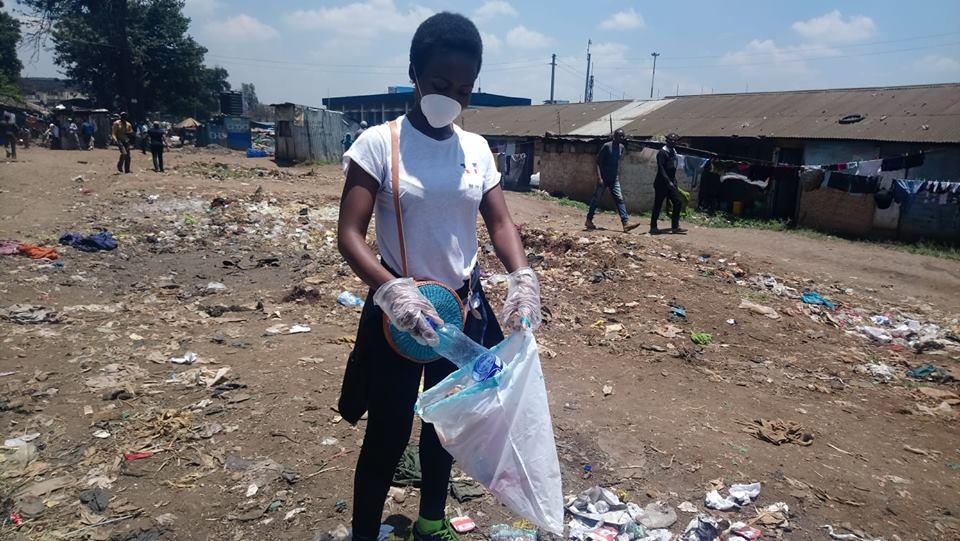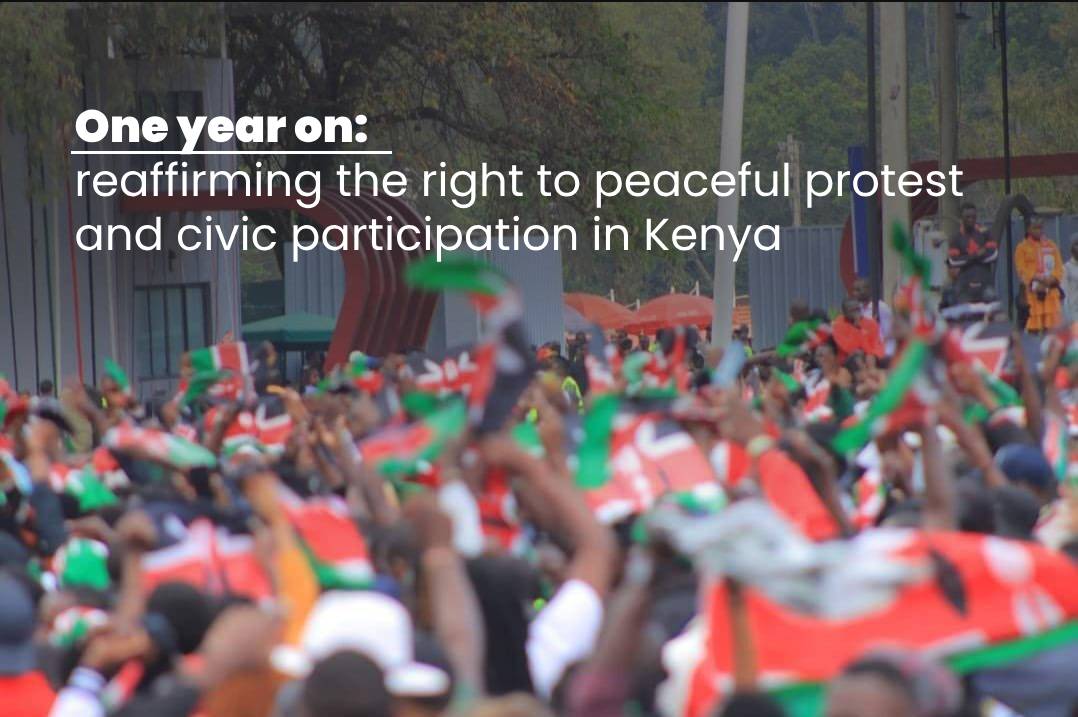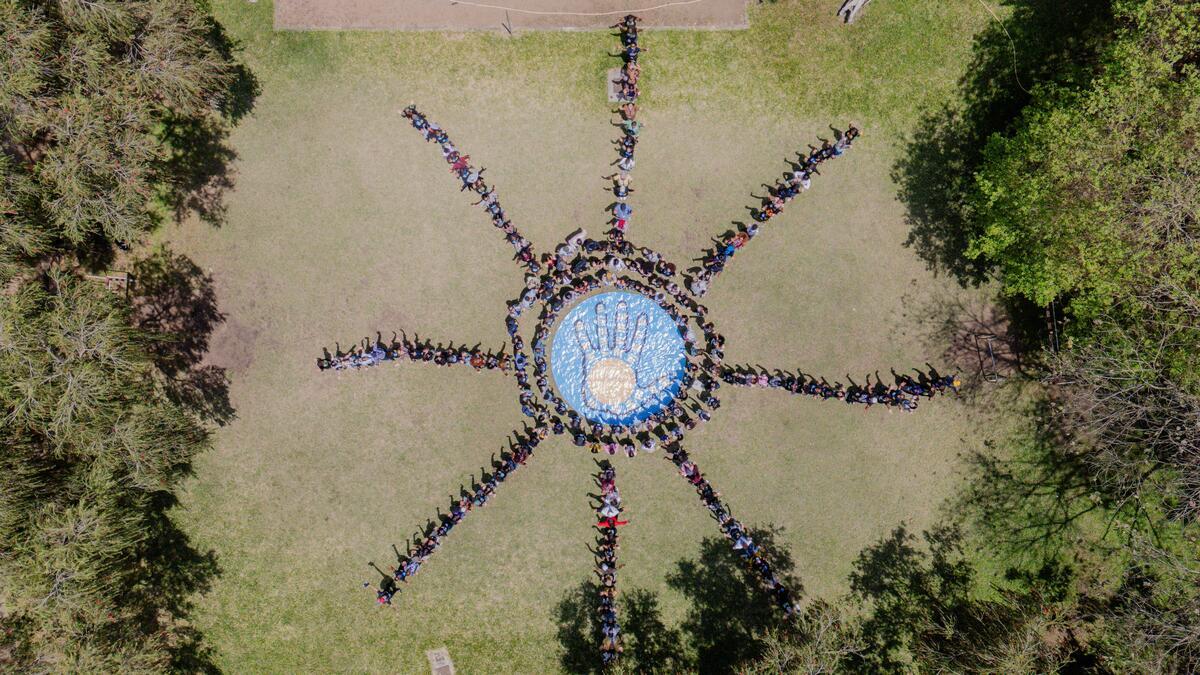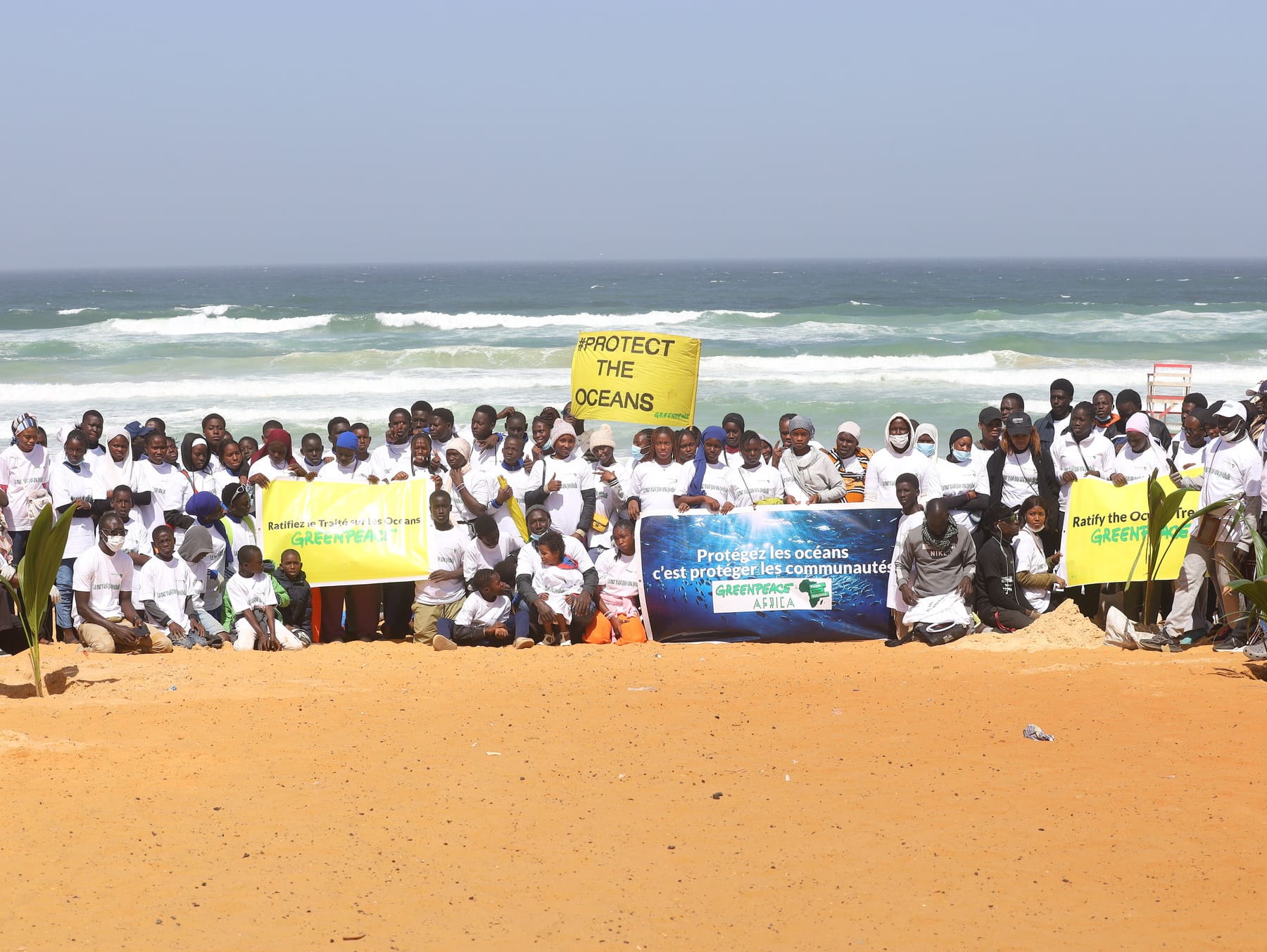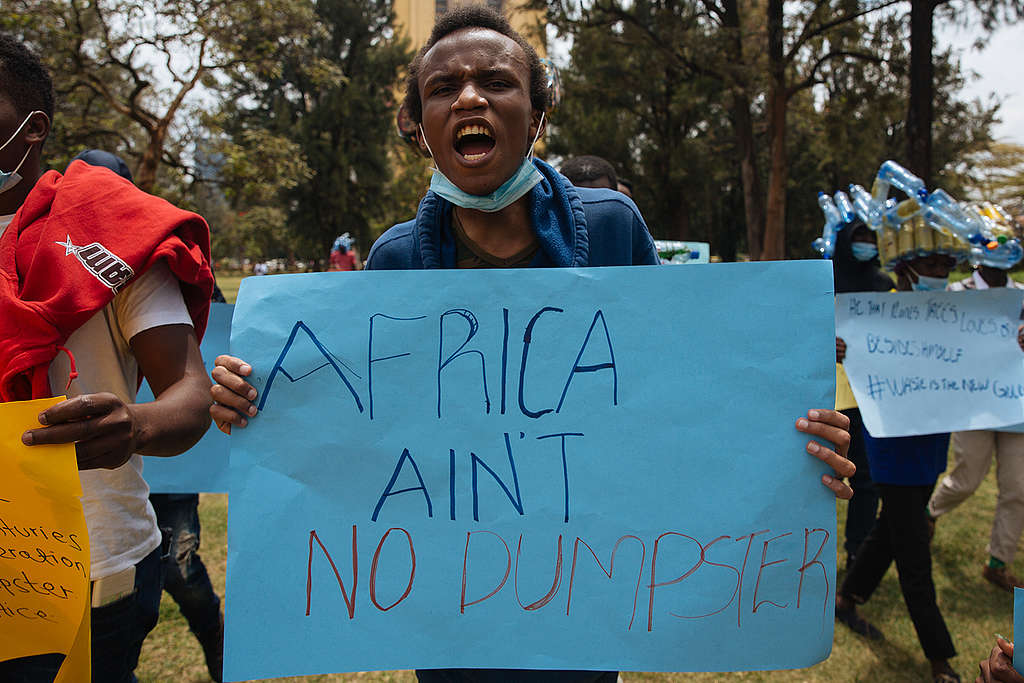
The recent media article by the US Ambassador to Kenya, Kyle McCarter, gives a clear indication that the US is willing to proceed with the Free Trade Agreement with Kenya. This could potentially lead to the first bilateral trade agreement between the US and a country in Sub-Saharan Africa. These talks are being conducted without proper preparatory processes including but not limited to carrying out economic and social impact assessments of the deal, elaborate consultations both in Kenya and in the United States. Kenya, for instance, is in a customs territory with other member states of the East African Community and is bound by a common external tariff and a customs union. This basically implies that any trade parties outside the EAC is treated as a third party to the customs territory. Important to also note is the fact that the U.S.-Kenya FTA could undermine Africa’s continuous efforts to deepen regional integration through the ongoing negotiations on the Africa Continental Free Trade Area.
Most importantly, the Kenyan government must conduct an environmental, social and human impact assessment of this trade agreement in order to inform its position in these areas. Such analytical work enables the government to include provisions which align with the sustainable development objectives in order to improve the livelihoods of its people. In shaping what and how much African countries trade, and thus produce, with each other and with the rest of the world, the US-Kenya trade deal could ultimately have an impact on the continent’s road to more resilient and long-term growth.
In terms of a viable negotiation process, both teams should have done an extensive review of the African Growth and Opportunity Act (AGOA) with an intention of establishing the loopholes that limit its potential. This process helps to come up with the modalities of improving the AGOA scheme prior to its expiry in 2025, maintaining the trade relationships between the two parties before making a decision of entering into a Free Trade Agreement. The intention in the FTA as indicated by the U.S. ambassador is to have a win-win agreement. This sounds ambitious. Practically, there cannot be a win-win outcome when the trade negotiations are asymmetrical. With this in mind, the US-Kenya trade deal being negotiated at present could actually be the last thing the continent needs right now.
The fact that the US ambassador recognized Kenya’s sovereign right to establish its own levels of domestic environmental protection is a clear message to corporations who would wish to lower Kenya’s environmental standards by eroding the gains obtained particularly on plastics pollution. The current negotiations objectives as published by both the U.S. and Kenyan governments indicate that there is a chapter on the environment, which means that this chapter will be negotiated and concluded. In this chapter, Kenya is seeking to collaborate with and support the multilateral environmental agreements that each country is a party to. The U.S. on the other hand seeks to establish strong and enforceable environmental obligations. So, with the environment chapter being part of this deal, Kenya will have obligations to include strong articles in the text of the negotiations that upholds its environmental standards. With the same negotiations, objectives including a chapter on investments, market access and tariff liberalization could also be an avenue for the U.S to dump manufactured plastics into the Kenyan market and ultimately finding their way into other African countries.
Kenya is a member of the World Trade Organisation (WTO), so they could make use of the provisions in Article 20 of the General Agreement on Tariffs and Trade that permits exceptions for measures related to the protection of human lives and health as well as the preservation of natural resources. Therefore, the Kenyan government, as a WTO signatory, could utilise these exceptions when negotiating the US-Kenya Free Trade Agreement. If Kenya misses utilising these provisions then it will have exposed itself internationally investor-state disputes claims in case a U.S. firm is shut on grounds of causing harm to the environment.
This opinion piece was originally published in Business Daily on 23 November 2020.
Fredrick Njehu is a Senior Political Advisor for Greenpeace Africa, based in Nairobi, Kenya
